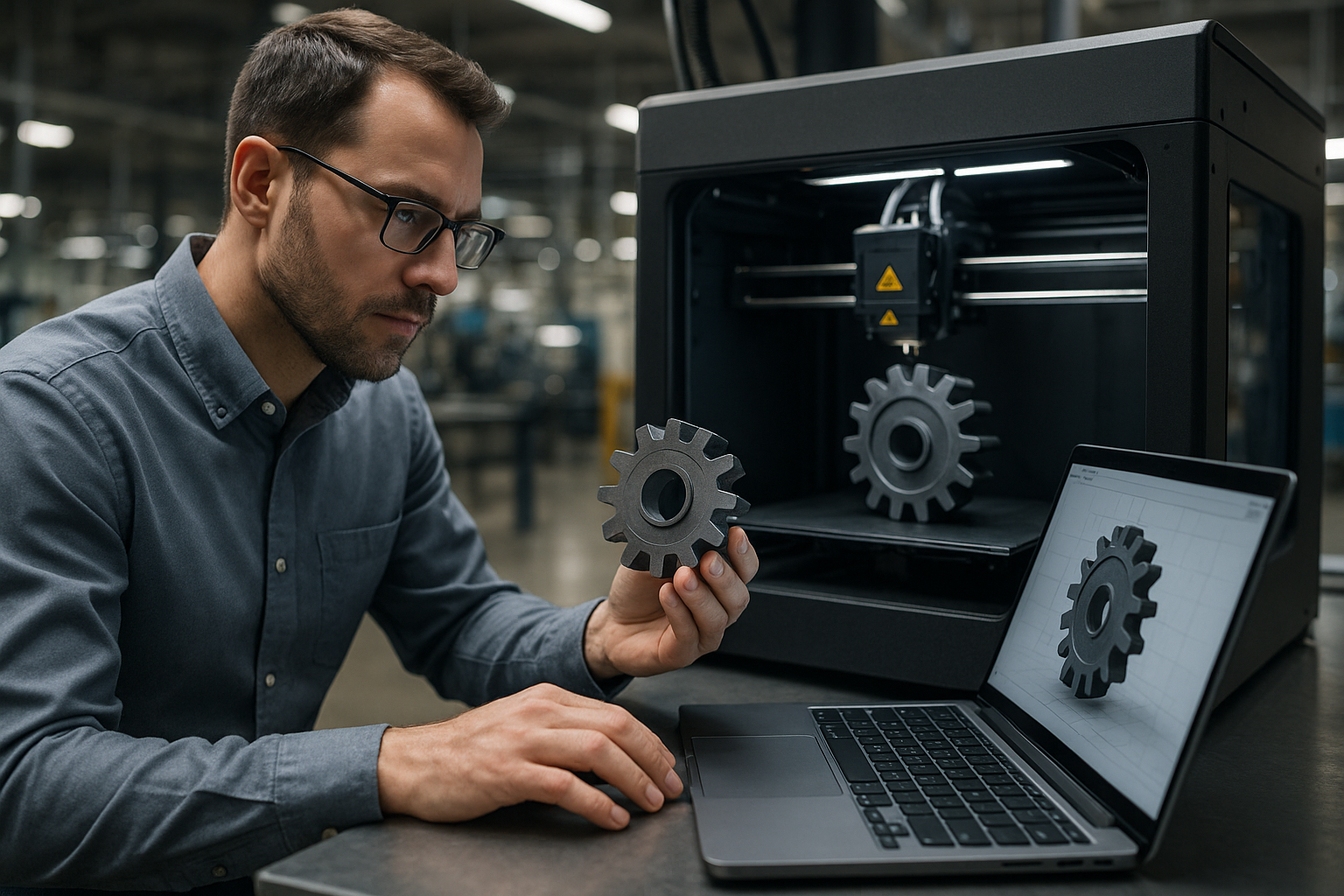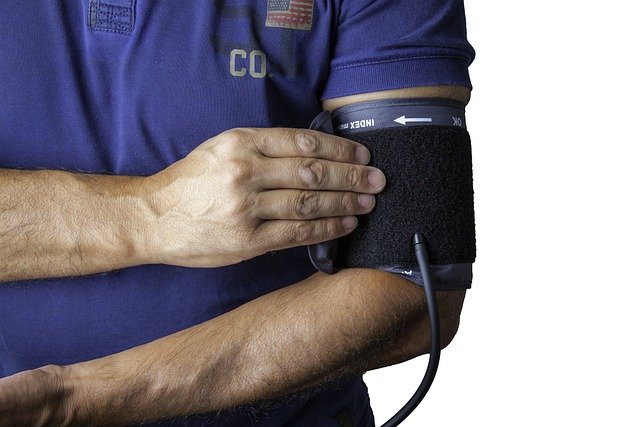Mechanical Engineer Training: कौशल, पाठ्यक्रम और इंडस्ट्री तैयारी
Mechanical engineering training के लिए effective roadmap तैयार करना आज के competitive समय में जरूरी है, खासकर जब industry में rapid innovation और automation बढ़ रहे हैं। यह article students और early-career professionals के लिए practical guidance देता है — जिसमें classroom theory, CAD/FEA tools, hands-on workshops, और manufacturing floor पर practical exposure को balance करना शामिल है।

engineering के मूल कौशल क्या हैं?
Mechanical engineering में strong foundation के लिए physics, materials science, और mechanics की समझ जरूरी है। इसके साथ-साथ CAD software जैसे SolidWorks या AutoCAD का proficiency और FEA tools की basic knowledge चाहिए। modern roles में programming basics (Python/Matlab), control systems और sensors का familiarity भी मांगें बढ़ा रहा है। communication skills और team-based problem solving भी उतने ही महत्वपूर्ण हैं क्योंकि industry projects multi-disciplinary होते हैं और cross-functional communication essential है।
students के लिए कौन से training modules जरूरी हैं?
Students के training plan में theoretical subjects के साथ practical modules होना चाहिए: CAD modelling, strength of materials labs, thermodynamics experiments, और CNC/machining workshops। mini-projects और capstone projects जो design-to-manufacture flow दिखाते हैं वे बहुत उपयोगी हैं। internships और industry visits से students को real-world constraints और production timelines का अनुभव मिलता है। शैक्षिक प्रशिक्षण में soft skills जैसे report writing, presentation और project management का training भी शामिल होना चाहिए।
industry में placement और expectations क्या होती हैं?
Industry में entry-level roles में employers technical proficiency के साथ practical problem-solving और adaptability देखते हैं। manufacturing या product development teams में काम करने वाले mechanical engineers से design optimization, cost-awareness और quality standards की समझ चाहिए। internships और industry projects resume में weight देते हैं। अक्सर companies domain-specific tools और standards पर short on-the-job training देती हैं, इसलिए candidates को basic CAD, GD&T, और prototyping का knowledge होना चाहिए।
innovation और R&D में mechanical engineers की भूमिका कैसी होती है?
R&D में mechanical engineers new product concepts से लेकर prototype validation तक काम करते हैं। यहाँ creativity और analytical skills दोनों की जरूरत होती है — sensors integration, IoT-based monitoring, और energy-efficient design जैसे areas में cross-disciplinary collaboration होता है। innovation-focused training में design thinking workshops, rapid prototyping (3D printing), और testing protocols महत्वपूर्ण होते हैं। ऐसे छात्रों को patents, technical documentation, और iterative testing cycles की समझ भी विकसित करनी चाहिए।
manufacturing में hands-on अनुभव कैसे हासिल करें?
Manufacturing floor का अनुभव labs और industry internships से मिलता है। students को workshops में lathe, milling, welding, assembly और quality inspection का exposure देना चाहिए। lean manufacturing और Six Sigma के basic concepts भी production efficiency समझने में मदद करते हैं। mini-projects में part manufacturing से लेकर assembly और testing तक का end-to-end involvement learning को reinforce करता है। hands-on exposure से students को supply chain और production scheduling जैसी practical challenges भी पता चलती हैं।
career development और certifications का क्या महत्व है?
Career growth के लिए continuous learning जरूरी है — short-term certifications जैसे CAD certification, FEA courses, या PLC/automation training मददगार होते हैं। professional certifications और structured internships CV को मजबूत करते हैं। साथ ही, networking through workshops, conferences और industry collaborations career opportunities खोलते हैं। advanced roles में specialization (HVAC, automotive, aerospace) और research अनुभव मांगें बढ़ा देते हैं, इसलिए targeted training और mini research projects पर ध्यान दें।
निष्कर्ष: Mechanical Engineer Training का उद्देश्य theoretical foundation को practical skills से जोड़ना है ताकि students industry-ready बन सकें। CAD, FEA, hands-on manufacturing exposure, internships और innovation-driven projects का संतुलन training को प्रभावी बनाता है। सफलता के लिए लगातार learning, cross-disciplinary collaboration और practical exposure पर फोकस रखना महत्वपूर्ण रहेगा।






